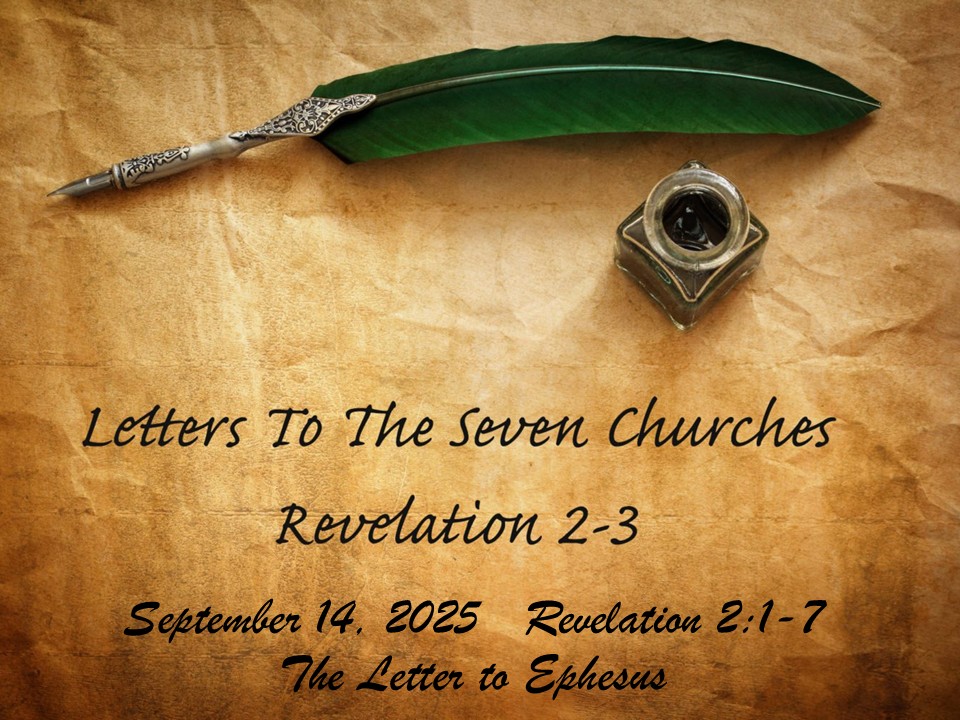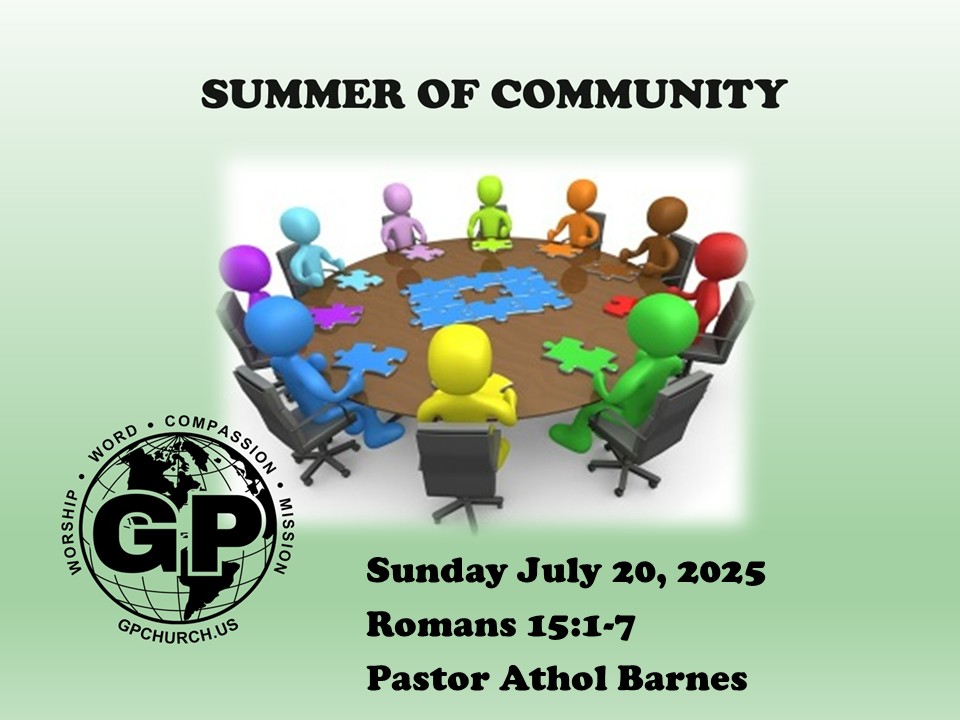
Merry Christmas!
May the Lord bless you and your families this Christmas week, and may you know the peace of the Lord Jesus Christ over your homes.
As we continue our series on the “why” of Christmas, I have three more questions.
Why is His Name Jesus?
As Shakespeare once wrote in Romeo and Juliet, “What’s in a name?” We associate people or characteristics with names. Let’s face it; the reason we don’t like certain names is because we once knew someone by that name whose actions or personality ruined the name for us.
But the name Jesus is a name that means so much to us. Not because the letters grouped together carry any sort of power in themselves but because the man Jesus gives power to the name.
The name Jesus is the Greek equivalent of the Hebrew “Joshua” meaning, “God Saves”. The Hebrew name Joshua and the Greek equivalent Jesus were common names at the time of Jesus’ birth. The name Jesus continued to be popular during the life of Jesus Christ, but after he died and rose again, the name became uncommon.
Historians have found that after the 1st century, the name Jesus simply vanished from use in that region, presumably because the name held controversial meaning following Christ’s birth, death, and resurrection. For early Christians, the name means so much that they felt that no child was worthy to carry the same name as the Messiah. For those who did not believe that Jesus was the promised Messiah, they did not want their child to be associated with such a controversial character.
The fact that God chose such a common name for His son demonstrates that Jesus came to the earth as a common person. The people of Israel expected their Messiah to come as a mighty warrior; they missed him because he came as a carpenter.
The name of Jesus holds profound meaning for us; we call on the name of Jesus for our salvation, and we pray in the name of Jesus (see 14:13-14 and Acts 4:12). The name of Jesus carries immeasurable power; there is no more powerful name in the universe than Jesus, not because of the name itself, but because of the One, the Christ, who gives the name power.
Why Did He Come as a Baby?
Why didn’t Jesus simply appear as a full-grown man and immediately perform miraculous signs and wonders? Why did he go through all the difficulties and challenges of youth and only begin his ministry when he was thirty?
The teachers of the day, when speaking of the promised Messiah, must have described someone who had the wisdom of Solomon, the charisma and authority of David, the leadership ability of Moses, and the military genius of Joshua. But instead, Jesus comes into the world as a little baby—weak, needy, and humble, just like any other baby.
But Jesus was both God and man. The virgin birth is proof that he was divine; he was not a product of this world—he was God. Being born as an infant shows that he was also human in every way. Jesus went through trials and testing of being a young boy, a teenager, and a young adult (see Hebrews 4:15).
If Jesus had not taken on the form of a man, his sacrifice would have been unconvincing because he would have been aloof and separated from the common man. If Jesus had been a mere man and not God also, he would have died a martyr’s death, just like thousands of others. We can trust this same Jesus with our lives because he knows what we are going through, yet he overcame the world and all its temptations (see John 16:33).
Why Do You Need to Be Born Again?
Jesus came as a baby; he took on flesh; he took on a new name, and he came in order to be the Savior of all who would place their faith in him.
Jesus, in speaking to a Pharisee named Nicodemus, made this profound statement; “Very truly I tell you, no one can see the kingdom of God unless they are born again” (John 3:3). The phrase “Born again” can be translated in Greek to mean “Born from Above”. There is a spiritual dynamic to this new birth (see John 1:12-13).
What does it mean to be born of God? We call this transition by many different names: we say, “I was saved,” “I became a Christian,” “I decided to follow Christ,” or “I became a believer.”For many people, this equates to a decision to raise your hand in a meeting or walk down the aisle at a service for prayer. The truth is that there are many people who claim to be Christians who show no evidence of a transformed life; they show no evidence of being born from above.
Jesus made it clear that to follow him is not a simple decision or a raising of the hand; to follow Jesus means to die to your old self, to take on a new name, and to completely give everything you have to God (see Galatians 2:20). When we are born again, we take on the name of Jesus, and we become so closely identified with him that we are his ambassadors (see 2 Corinthians 5:20). Do we understand what this means?
He who gave up everything for you and me asks us to give up everything for him.
Is he Lord of your life? Are you living every day as His ambassador?
This is what it means to be a Christian.










